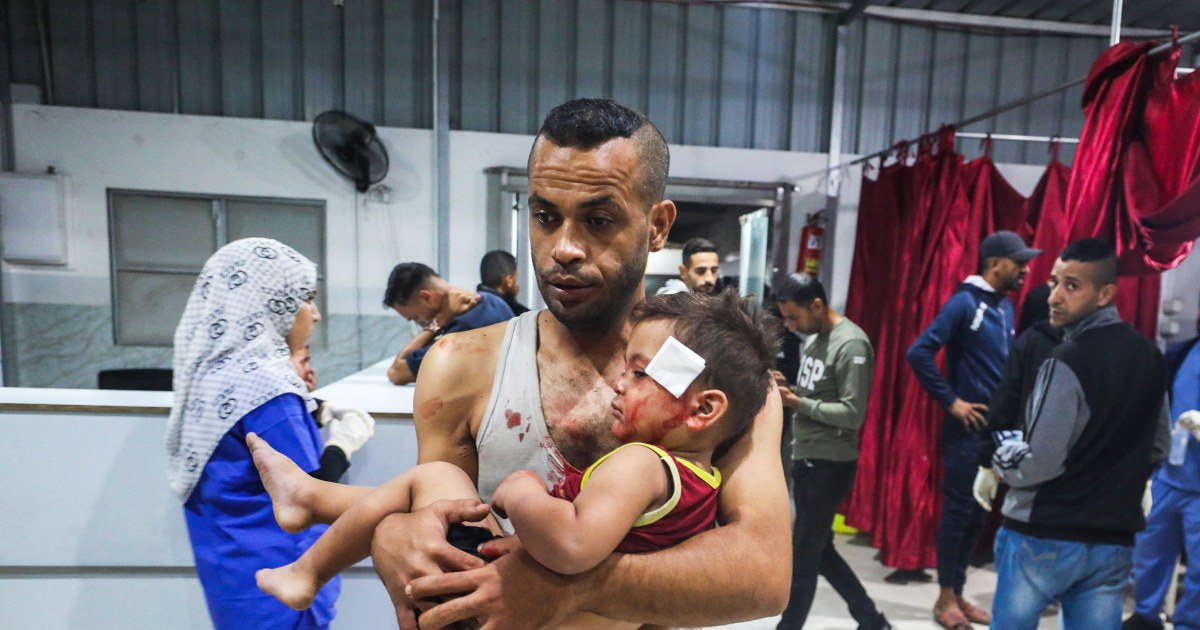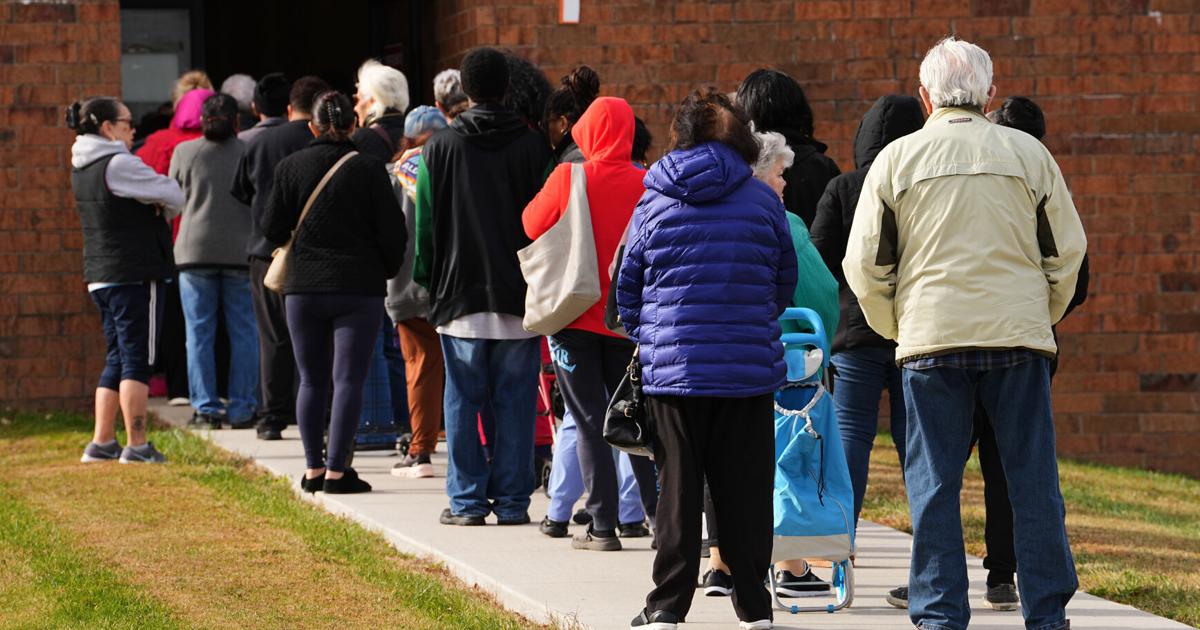Israel announced on July 5, 2023, that the ceasefire in the Gaza Strip has been reinstated after a series of airstrikes reportedly killed over 100 individuals, including children. This escalation has raised significant concerns about the stability of the truce, which had been fragile even before these developments. The Israeli military indicated it had begun to enforce the ceasefire once again following orders from Prime Minister Benjamin Netanyahu to conduct “powerful” strikes in response to alleged provocations by Hamas.
The airstrikes, which targeted multiple locations across Gaza, have resulted in a high civilian toll. According to Mahmoud Basal, spokesperson for Gaza’s Civil Defense agency, the strikes have led to the deaths of more than 100 people, with over 30 of those being children. This information, however, has not been independently verified by external sources, and the Gaza health ministry did not respond to inquiries for confirmation.
Reports indicate that the strikes began late Tuesday and continued into the morning hours, intensifying fears of further casualties. Basal stated that homes, tents, and civilian gatherings were among the targets of the bombing campaign, with heavy shelling reported across various cities. The ongoing violence has prompted fears that the death toll will rise as recovery efforts continue.
According to an official from the Israel Defense Forces (IDF), the military actions were a direct response to an alleged attack by Hamas on Israeli soldiers near the southern Gaza region of Rafah. This incident reportedly resulted in the death of an Israeli reservist identified as Master Sergeant (Res.) Yona Efraim Feldbaum, who was 37 years old and held an American passport.
In a statement made to NBC News, Hanan Greenwood, a spokesperson for the Binyamin regional council, confirmed Feldbaum’s identity and underscored the complex nature of the situation. Hamas has denied any involvement in the attack and condemned Israel’s actions as a “flagrant violation” of the ceasefire. The militant group has further called on international mediators to intervene and pressure Israel to cease its military operations.
During a press briefing, former President Donald Trump expressed support for Israel’s military response, stating, “the Israelis hit back, and they should hit back when that happens.” He emphasized that the ceasefire was not in jeopardy, indicating that Hamas represented only a minor aspect of broader Middle Eastern dynamics. Trump added, “They said they would be good, and if they’re good they’re going to be happy. And if they’re not good, they’re going to be terminated.”
Vice President JD Vance similarly remarked that while the ceasefire remains intact, minor skirmishes could occur. His comments reflect a broader tension surrounding the fragile agreement that has seen escalating violence.
Amid the violence, another critical issue has arisen concerning the return of hostage remains. Hamas recently returned all living hostages, yet it has not successfully provided the remains of deceased individuals held in Gaza. The International Committee of the Red Cross (ICRC), which has facilitated the exchange of hostages for Palestinian prisoners, has highlighted the challenges in locating bodies under the rubble of Gaza.
On July 4, Israel accused Hamas of breaching the ceasefire by returning body parts identified as belonging to Ofir Tzarfati, whose remains had previously been returned to Israel two years ago. The IDF released footage purportedly showing Hamas staging the recovery of these remains, raising ethical concerns regarding the handling of such sensitive matters.
In a response to the incident, the ICRC stated its teams were unaware that human remains had been placed at a certain location before their arrival, deeming the staging of a “fake recovery” unacceptable. Hamas has yet to respond to these allegations publicly.
As the situation continues to unfold, the international community remains watchful, balancing the complexities of regional politics with humanitarian concerns. The fragile ceasefire, now back on, will face significant scrutiny as both sides navigate their conflicting narratives and the ongoing humanitarian crisis in Gaza.







